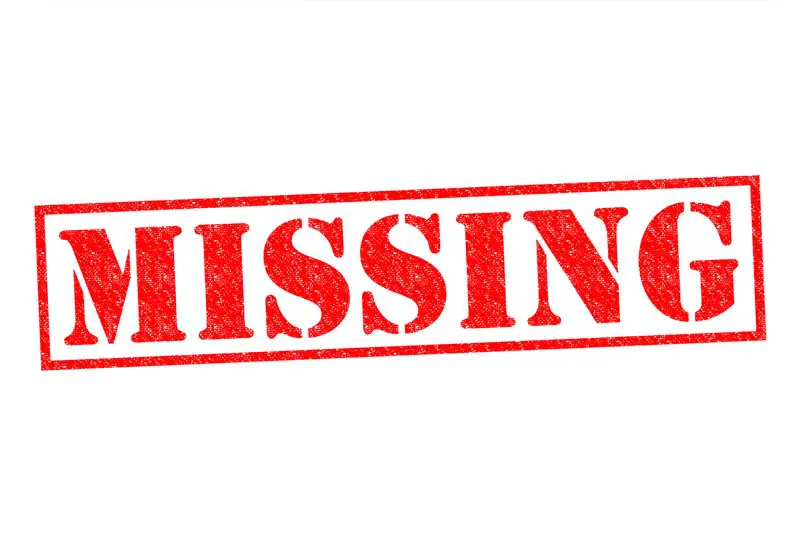Does not having an original will mean that a copy can’t be probated? Probably not, as copies of wills are routinely admitted to probate pursuant to several Probate Code provisions and a well developed body of case law.
Probate Code Amendment : Copies are Allowed
The Probate Code was amended in 2007 to lower the standard for a copy of the original will to be probated.
Presumption of Revocation
In all probate cases, the proponent of the will is required to prove that the will has not been revoked. When probating a copy of a will, the will proponent must also introduce evidence to rebut the presumption that the testator physically destroyed the original will with the intent to revoke it.
The presumption of revocation by physical act can be overcome by (1) proof of circumstances contrary to the presumption; or (2) with evidence that some other person fraudulently destroyed the will.
Recent Appellate Decisions
The more recent Texas appeals cases have allowed will copies to be probated upon a showing that due diligence has been exercised to search for the original, and that, despite that diligent search, the original has not been located. The courts have not required the will proponent to go a step further and show why the original will cannot be located. In that regard, an appellate opinion from April of this year stated that “it was not necessary for (the will proponent) to also show how it was lost such as through the eating habits of a neighbor’s goat, the occurrence of a Kansas tornado, the devastation of a flash flood, or the like.” In re Estate of Catlin, 311 S.W.3d 697, 701 (Tex.App.-Amarillo 2010).
Current Trend
There are other hurdles to meet when probating a copy of a will, including additional citation and notice requirements, and additional proof needed to have letters testamentary issued. However, the hurdles are much less difficult to meet than they once were, and the clear trend is toward admitting more and more will copies to probate.
















